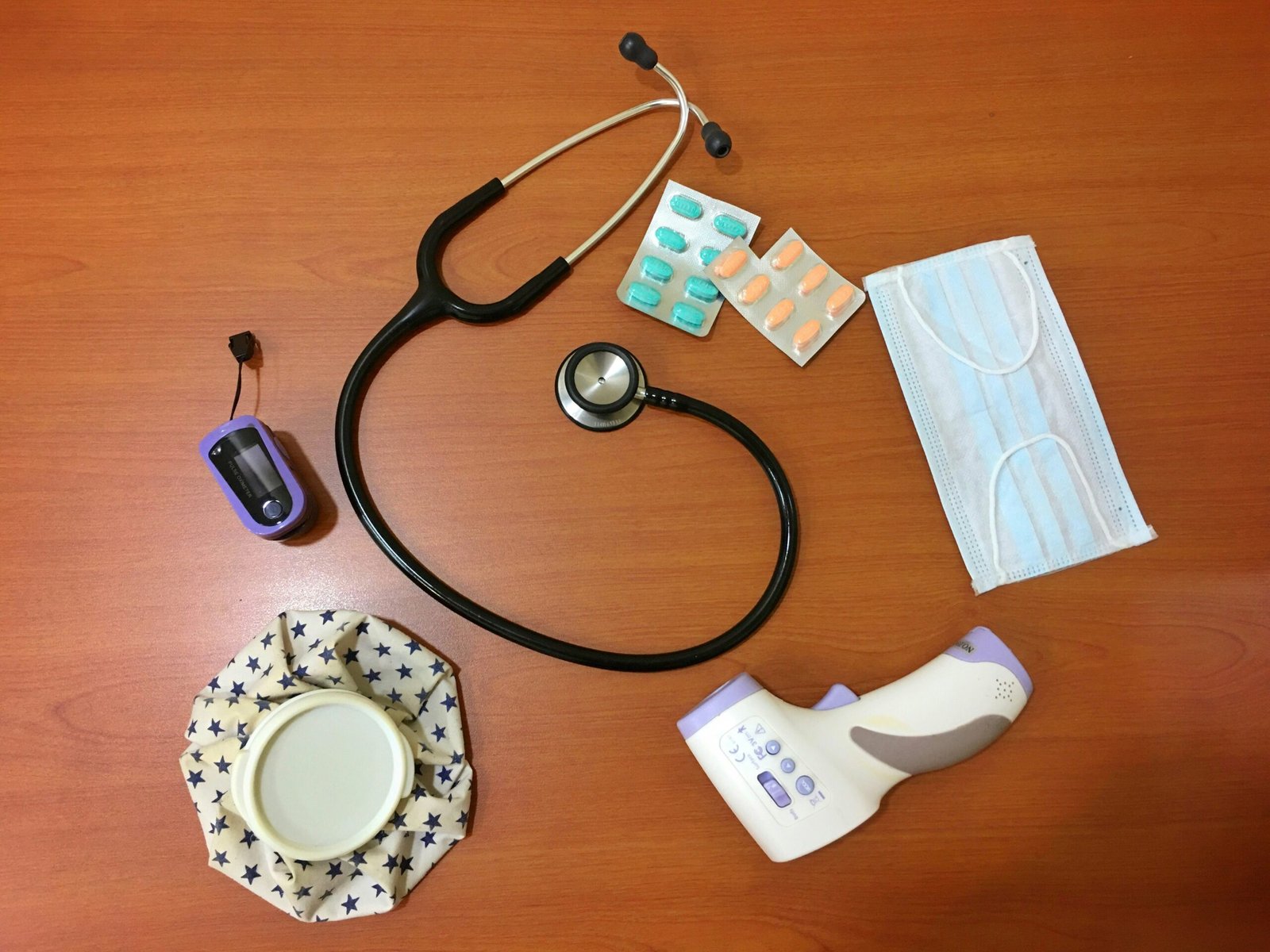Disease prevention refers to a set of measures and actions taken to prevent the occurrence of diseases and maintain the health of individuals and communities. The goal of prevention is to reduce the spread of infectious and chronic diseases and minimize the health and economic burden associated with them.
There are several strategies for disease prevention that encompass various aspects:
Vaccinations:
Vaccinations are one of the most important means of disease prevention. Vaccines work by enhancing the body’s immunity against infectious diseases through the administration of a dose of the disease-causing agent or a part of it. Vaccinations help prevent diseases such as measles, polio, diphtheria, and meningitis.
Personal hygiene:
Maintaining good personal hygiene plays a vital role in disease prevention. Individuals should regularly wash their hands with soap and water to get rid of germs and bacteria. It is also important to cover the mouth and nose when sneezing or coughing with a tissue or the elbow to prevent the transmission of germs to others.
Health awareness:
Health awareness and education are essential parts of disease prevention. Accurate and up-to-date health information should be provided to individuals regarding infectious diseases and how to prevent them. Health education may include the distribution of educational materials and awareness campaigns through various media outlets.
General preventive measures:
These measures encompass actions taken by the entire community to prevent diseases. They may include implementing public hygiene policies, providing safe sanitary facilities, and following public health guidelines in emergencies and epidemics.
Disease prevention is an effective strategy for maintaining public health and reducing the health burden on society. By practicing personal prevention and adopting healthy behaviors, we can reduce the spread of diseases and promote the health of individuals and the community as a whole.
